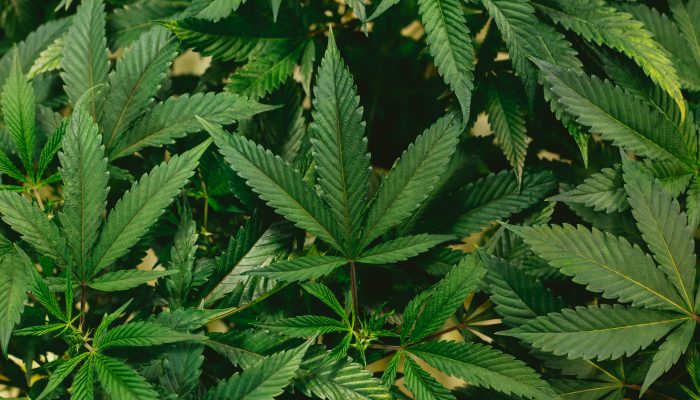A Senate panel chaired by a member of the state’s Medical Marijuana Oversight Committee shot down a bill Wednesday with far-reaching implications for cannabis patients.
Among nine bills that would adjust South Dakota’s medical cannabis laws this legislative session in Pierre, seven remain alive, including bills to hike the price of a dispensary license, allow police to search dispensaries and force prescribers to notify a patient’s primary care provider about their receipt of a card.
The now-scuttled Senate Bill 82 was the most concerning for cannabis advocates, according to Jeremiah Murphy, a lobbyist for the Cannabis Industry Association of South Dakota.
It would have required citizens to get medical marijuana cards from their primary care provider, or through a referral from that provider, and defined what constitutes a primary care provider. Opponents argued it cleared a simpler path to criminal charges for doctors who prescribe marijuana.
“Senate Bill 82 was absolutely the most critical threat out of what’s out there,” Murphy told South Dakota Searchlight after the bill’s 5-2 defeat in the Senate Health and Human Services Committee. “They got a lot of feedback from patients on that one. They poked the beehive, and bees came out.”
That threat of criminal charges for doctors was a deciding factor for Sen. Erin Tobin, R-Winner. Tobin is a nurse by trade and chairs the Senate Health and Human Services Committee. She also sits on the Medical Marijuana Oversight Committee with the bill’s sponsor, Sen. Jim Mehlhaff, R-Pierre.
That oversight committee discussed but did not endorse a host of ideas during its 2023 meetings. Mehlhaff and Tobin have each carried cannabis bills into the 2024 session, but the pair were split on SB 82.
The bill’s attempt to define the term “primary care provider” in a profession where provider roles are too malleable to fit snugly into legal terminology was especially problematic for Tobin.
Some people see cardiologists for primary care, she said. Others see doctors who may be unwilling to refer patients to a specialist for a marijuana card. Many don’t have a primary care doctor at all and get care through a clinic.
During his testimony, Murphy noted that 30% of Americans have no primary care doctor.
Tobin argued Wednesday that medical professionals with questions about the legal veracity of their role as primary care doctors might be unlikely to prescribe medical cannabis to otherwise qualifying patients.
“If there’s a questionable piece to this, doctors are just going to pull out,” Tobin said.
You can read the full article at South Dakota Searchlight.

